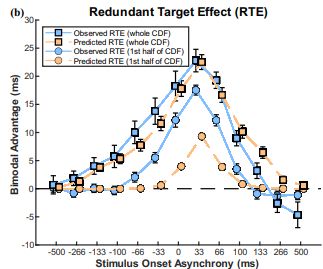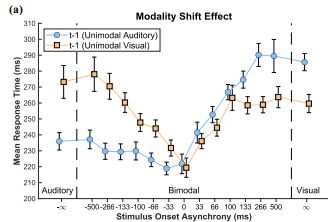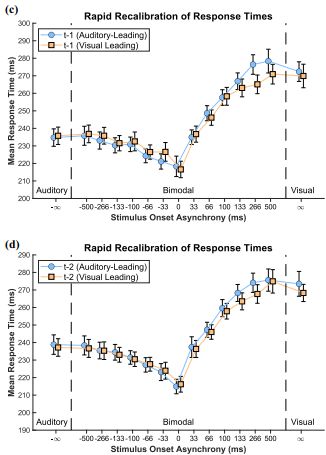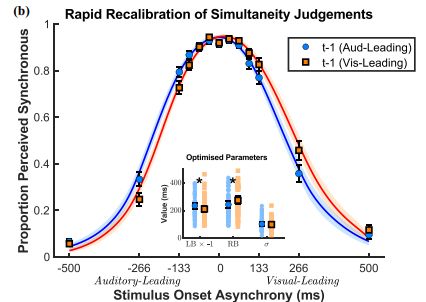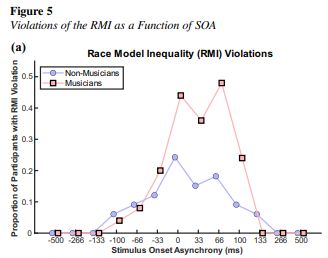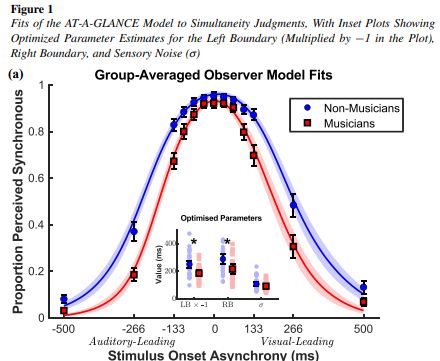Matthew O’Donohue
@matthewod.bsky.social
1.1K followers
1.8K following
58 posts
Postdoc - auditory neuroscience, neurodivergence, multisensory integration, musicianship. Arsenal and Animal Collective fan.
He/him
Posts
Media
Videos
Starter Packs
Reposted by Matthew O’Donohue
@AAllenSport
@aallensport.arseblog.com
· Aug 23
Matthew O’Donohue
@matthewod.bsky.social
· Jun 17
Matthew O’Donohue
@matthewod.bsky.social
· Jun 17
Matthew O’Donohue
@matthewod.bsky.social
· Jun 14
Matthew O’Donohue
@matthewod.bsky.social
· Jun 14
Reposted by Matthew O’Donohue
Reposted by Matthew O’Donohue
Reposted by Matthew O’Donohue
Reposted by Matthew O’Donohue
Reposted by Matthew O’Donohue
Matthew O’Donohue
@matthewod.bsky.social
· Mar 19
Matthew O’Donohue
@matthewod.bsky.social
· Mar 19
Matthew O’Donohue
@matthewod.bsky.social
· Mar 19
Matthew O’Donohue
@matthewod.bsky.social
· Mar 19
Matthew O’Donohue
@matthewod.bsky.social
· Mar 10


